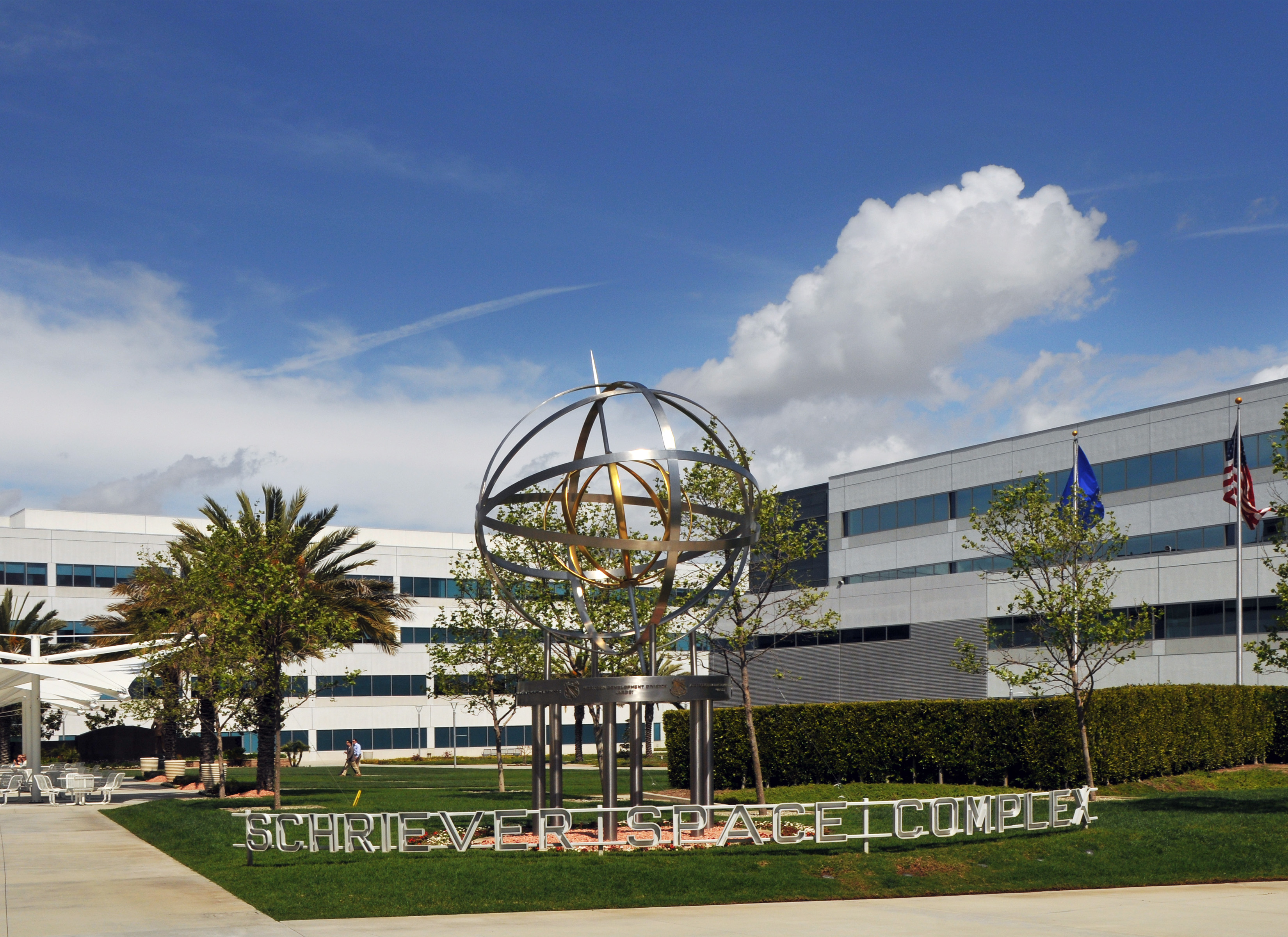Author: Lauren Meier, Ben Wolfgang
Published: Apr 28, 2019

The first major battle for President Trump’s prized Space Force is being waged here on Earth, as three states each with its own convincing case to make to be the epicenter of the U.S. aerospace industry compete for a key component of the military’s 21st-century space initiative.
Pride, branding and a lot of add-on business development are at stake.
Alabama, California and Colorado are the three finalists to host U.S. Space Command, a unified hub similar to U.S. Central Command or U.S. Cyber Command, which will oversee and coordinate all aspects of Pentagon space policy. The establishment of Space Command is a key step in the process of standing up Mr. Trump’s full Space Force, which in time would become the sixth branch of the armed forces.
A new military branch requires congressional approval, and the idea remains caught in legislative limbo on Capitol Hill. Still, Pentagon officials say U.S. Space Command can be organized relatively quickly and easily.
Once selected, the home of Space Command will become the center for all military space-related programs, which are currently spread across various areas of the military.
“Today, we need a command and a commander that spends 100% of their time focused on space,” acting Defense Secretary Patrick M. Shanahan said earlier this month.
As Space Command comes to fruition, the host state can expect tens of millions of dollars in economic investment and bragging rights as one of the country’s leading technological hot spots. Regional officials say the selection will cement the winner as the unquestioned leader of the military-aerospace nexus.
The Defense Department this month announced the three states being considered for the post. Criteria include cost, location, quality internet connections, existing military facilities, access to airfields, and office space and parking to handle a 1,450-member workforce. The list was first reported by CNN.
Specifically, the Pentagon reportedly is considering six bases four in Colorado, one in California and one in Alabama as Space Command headquarters.
Sales job
In interviews with The Washington Times, economic and aerospace officials from each of the three states talked about their public and private sales pitches to the Trump administration.
Each state stresses that it already has a deep relationship with top military contractors such as Boeing and Lockheed Martin, which are expected to play key roles in developing the technology for military space initiatives.
“The city and the community, and really the state as a whole, we’re doing everything we can to let the DoD know that our entire community, really our entire state, is behind this,” said Reggie Ash, chief of defense economic development at the Colorado Springs Chamber of Commerce.
“Our infrastructure is largely in place,” he said. “In all aspects of infrastructure and community, Colorado Springs is ready to support this new command.”
Indeed, Colorado seems to be the early favorite. Air Force Space Command, which is responsible for much of the military’s space efforts, has headquarters at Colorado’s Peterson Air Force Base. The state’s Buckley Air Force Base, Cheyenne Mountain Air Force Station and Schriever Air Force Base also are under consideration.
Officials in California argue that their state offers the ideal location. Economic leaders there note a strong relationship with the aerospace industry and the state’s transformation over the past decade into the nation’s leader in robotics, automation and next-generation vehicles.
“We’ve been watching this ever since it was announced there might be a Space Force because we have such a rich history in space systems in Southern California,” said Judy Kruger, director of aerospace and defense at the Los Angeles County Economic Development Corps.
She also pointed to California’s world-class academic institutions, its status as a technology hub and the Air Force’s Space and Missile Systems Center in Los Angeles. Vandenberg Air Force Base in Santa Barbara County is on the Defense Department’s short list.
“It only makes sense to have some or all of Space Force Command here in Southern California,” Ms. Kruger said. “We’re so far ahead of the game in all of those areas.”
Alabama is promoting the Army’s Redstone Arsenal, a sprawling research and development center just outside Huntsville. The city is also home to NASA’s Marshall Space Flight Center.
“The synergy that exists with the space assets would be the leading reason” for Space Command to be housed in Alabama, said Michael Ward, senior vice president of government and public affairs at the Huntsville-Madison County Chamber of Commerce. “The exceptional quality of life that exists in this region that has resulted in other significant consolidation of activities here would continue to be a natural draw for those Space Force or other such commands.”
Mr. Ward said his county has “been able to do it before and there’s every reason to expect that we could do it again as well as we’ve done it previously.”
Sen. Cory Gardner, Colorado Republican, gave a behind-the-scenes peek at the lobbying underway by telling the Colorado Springs business group last week that he had put in a pitch with President Trump, Vice President Mike Pence and Mr. Shanahan to pick a site in his state. He called the decision a “no-brainer,” The Denver Post reported last week.
Mr. Gardner said Gov. Jared Polis, a Democrat, and lawmakers from both parties are working together to improve the state’s chances of winning the Space Command, though he acknowledged that weighty rivals from the other states on the list are likely doing the same.
“I would never underestimate Richard Shelby,” the Alabama Republican who chairs the Senate Appropriations Committee, Mr. Gardner told the chamber of commerce gathering.

